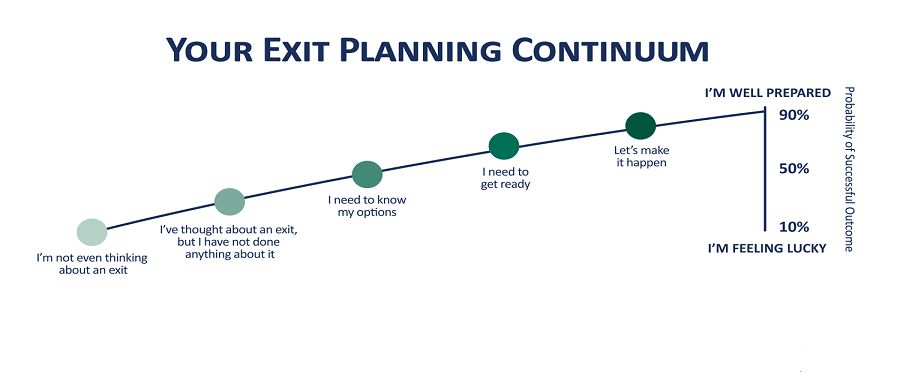Selling Your Business - You Don't Want To Do It Alone
Selling a business is a complex venture that involves several considerations. It can require that you enlist a
broker, accountant and an attorney as you proceed. Whether you profit will depend on the reason for the sale, the timing of the sale, the strength of the business's operation and its structure. The business sale will also require much of your time and, once the business is sold, you'll need to determine some smart ways to handle the profit. Reviewing these seven considerations can help you build a solid plan and make negotiations a success.

1. Reasons for the Sale
You've decided to sell your business. Why? That's one of the first questions a potential buyer will ask. Owners commonly sell their businesses for any of the following reasons:
- Retirement
- Partnership disputes
- Illness and death
- Becoming overworked
- Boredom
2. Timing of the Sale
Prepare for the sale as early as possible, preferably a year or two ahead of time. The preparation will help you to improve your financial records, business structure and customer base to make the business more profitable. These improvements will also ease the transition for the buyer and keep the business running smoothly.
3. Business Valuation
Next, you'll want to determine the worth of your business to make sure you don't price it too high or too low. It is important to get a qualified third party opinon to do the
valuation. The professional intermediary will draw up a detailed explanation of the business's worth. The document will bring credibility to the asking price and can serve as a gauge for your listing price.
4. Brokers - Advisors
You have a successful business because you understand and covet your business. Selling a business can be a daunting task. Intermediaries/Advisors free up time for you to keep the business up and running, keep the sale quiet and get the highest price (because they have your best interests in mind and want to maximize the sale price as his or her commission is usually based on the sale price).
5. Preparing Documents
Gather your financial statements and tax returns dating back three to four years and review them with an accountant. In addition, develop a list of equipment that's being sold with the business. Also, create a list of contacts related to sales transactions and supplies, and dig up any relevant paperwork such as your current lease. Create copies of these documents to distribute to financially qualified potential buyers.
6. Finding a Buyer
A business sale may take between six months and two years according to SCORE, a nonprofit association for entrepreneurs and partner of the U.S. Small Business Administration. Finding the right buyer can be a challenge. Try not to limit your advertising, and you'll attract more potential buyers.
Once you have prospective buyers, keep the process moving along:
- Get two to three potential buyers just in case the initial deal falters.
- Stay in contact with the potential buyers.
- Find out whether the potential buyer prequalifies for financing before giving out information about your business. If you plan to finance the sale, work out the details with an accountant or lawyer so you can reach an agreement with the buyer.
- Allow some room to negotiate, but stand firm on the price that is reasonable and considers the company's future worth.
- Put any agreements in writing. The potential buyers should sign a nondisclosure/confidentiality agreement to protect your information.
- Try to get the signed purchase agreement into escrow.
You may encounter the following documents after the sale:
- The bill of the sale, which transfers the business assets to the buyer
- An assignment of a lease
- A security agreement, which has a seller retain a lien on the business
In addition, the buyer may have you sign a noncompete agreement, in which you would agree to not start a new, competing business and woo away customers.
7. Handling the Profits
Take some time, at least few months, before spending the profits from the sale. Create a plan outlining your financial goals, and learn about any tax consequences associated with the sudden wealth. Speak with a financial professional to determine how you want to invest the money and focus on long-term benefits, such as getting out of debt and saving for retirement.
Conclusion
Selling a business is time-consuming and for many, an emotional venture. A good reason to sell or the existence of a "hot" market can ease the burden, as can the help of professionals. When all is said and done, the large sum of money in your bank account and your newfound free time will make the grueling process seem worthwhile.












